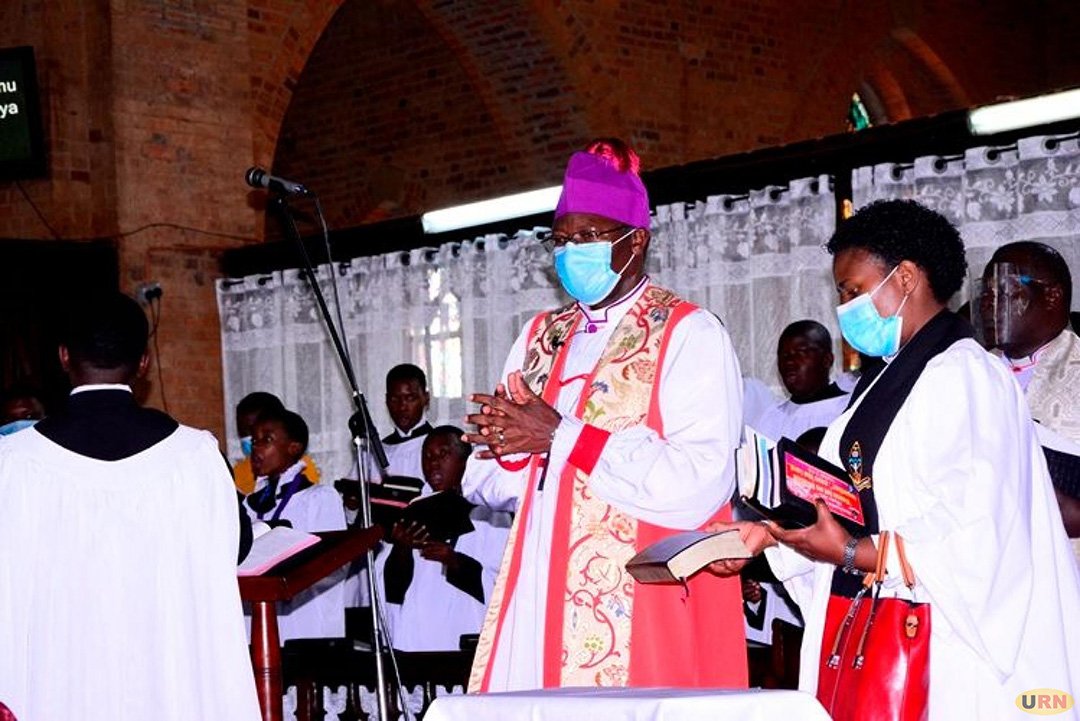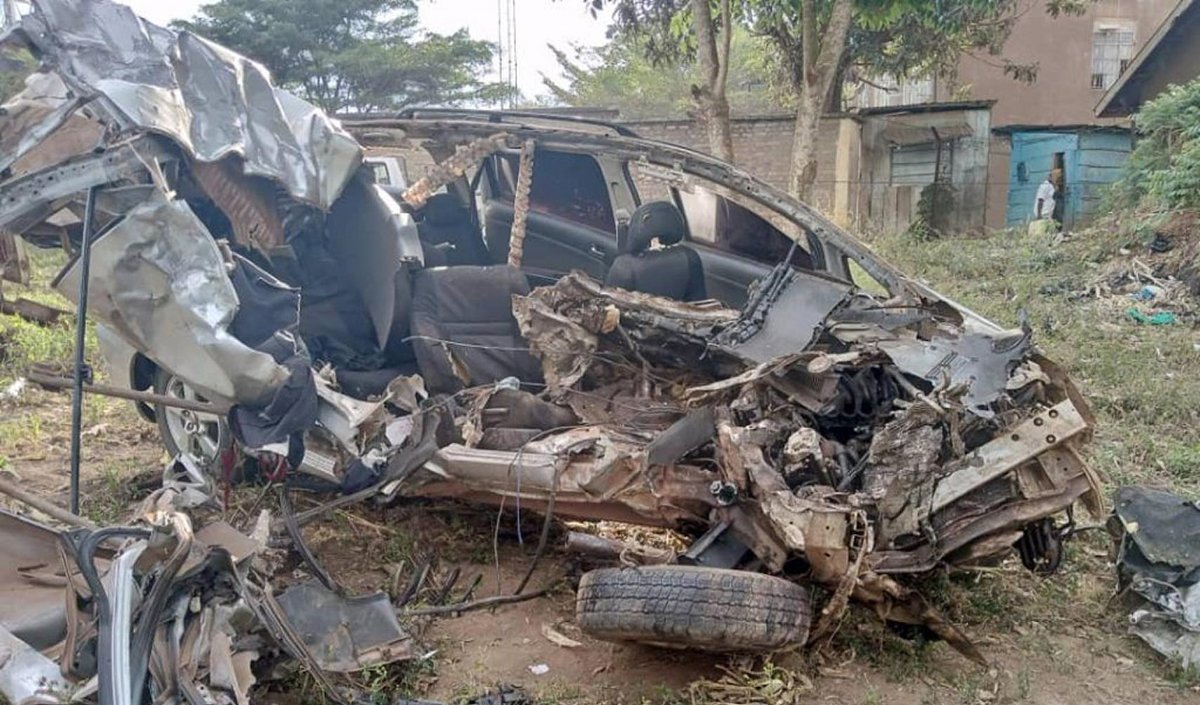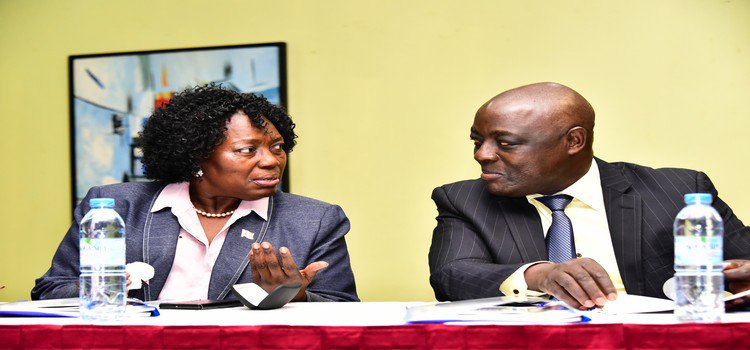Fellow Citizens
Representatives of workers;
Representatives of employers; and
Ladies and gentlemen of the press
- We are here today to commemorate the World Day Against Child Labour, 2020. Many may well ask what is the World Day Against Child Labour?
- The World Day Against Child Labour was launched by the International Organization (ILO) in 2002, with the intention of spreading the message that child labour remains a serious problem and that we must do more to combat it.
- Since 2002, the World Day Against Child Labour has been commemorated on 12th June to intensify support for the global campaign against child labour.
- At the time of the launch of the World Day Against Child Labour in 2002, an ILO report titled “A Future Without Child Labour” estimated that 246 million children or one in every six children aged 5 to 17 years were involved in child labour. Among its startling findings, the report also revealed that some 179 million children aged 5-17 or one in every eight children in the world were exposed to the worst forms of child labour which endanger the child’s physical, mental or moral well-being.
- Whereas the number of children in child labour globally has declined by 94 million since 2002, the number of children in child labour still remains high at 152 million.
- Back home, the Report of the National Labour Force Survey 2016/17 published by Uganda Bureau of Statistics showed that:
- about 550,000 children aged 14-17 years were in hazardous child labour;
- about 476,000 children aged 12-13 years were in child labour; and
- 1,031,000 children aged 5-11 years were in child labour
- In total therefore, about 2,057,000 children out of the population of 13,616,000 of children aged 5-17 years were in child labour.
- The high prevalence of child labour in Uganda and globally as demonstrated by the statistics above calls for continued national and global efforts against child labour. This is because child labour limits the physical, psychological and moral-well-being of children. We must therefore use the commemoration of the World Day Against Child Labour as an occasion to catalyse national and global efforts against child labour.
- This year the World Day Against Child Labour is commemorated at a time when the world is faced with the Covid-19 Pandemic.
- Accordingly, this year’s theme is “COVID-19: Protect Children from Child Labour, Now More Than Ever!” The theme was chosen to highlight the fact that the COVID-19 health pandemic and the resulting economic and labour market shocks increase the risk of children to getting into child labour as a coping mechanism. The theme is also a reminder to all governments, workers’ and employers’ organisations to take measures to reduce the risk of children sliding into child labour.
- The Government of Uganda has taken a number of measures under the leadership of H.E Yoweri Kaguta to mitigate the effects of COVID-19 on children.
- The starting point of protection of children rights is the protection of their life. As a result, the President closed all schools in order to avoid the transmission of COVID-19 to children.
- The children who are most susceptible to child labour are children from low income households especially those who parents earn their family food from daily income. It is such families who were therefore more affected by the economic effects of the lockdown. With daily income lost because of the lockdown, children from low income households especially in urban and per-urban areas were more at risk of getting into child labour in search for income for food. In response, the government has provided food to low income households in Kampala and Wakiso with the view of among others of reducing the vulnerability of children to all forms of exploitation including child labour.
- Idleness is also a common driver of children into child labour. In order to ensure that children are engaged at home, the government of Uganda has introducing a home learning programme delivered through television, radios and direct distribution of learning materials to households.
- Apart from the COVID-19 specific interventions against child labour, the government of Uganda has taken other legal and policy measures to eliminate child labour in Uganda.
- The legal measures include:
- Ratification of ILO Conventions:
- 182 on the Elimination of the Worst Forms of Child Labour Convention and ILO
- No.138 on Minimum Age; and
- 105 on Abolition of Forced Labour Convention.
- Parliament also enacted enabling legislation that protects children from child labour, economic exploitation, hazardous work, forced labour and sexual harassment in employment. These include the Employment Act, 2006 and its attendant regulations, Children Act, 2016 and the Penal Code Act.
- In addition, government has also formulated the National Employment Policy, 2011; the National Child Labour Policy, 2006; the National Action Plan (NAP) on the Elimination of Child Labour 2017/18-2021/22.
- The Universal Primary Education and Universal Secondary programmes were introduced to among others keep children in school and reduce the risk of going into child labour
- Given that children from low income households are the most vulnerable to child labour and other socioeconomic challenges, the Government of Uganda is currently implementing a number of poverty alleviation interventions which include: Operation Wealth Creation, Disability Grant, Uganda Women Entrepreneurship Programme and Youth Livelihood Programme.
- The elimination of child labour calls for collective efforts all of stakeholders including parents and the community. I therefore would like to take this opportunity to urge all Ugandans especially parents and community leaders to support government’s efforts of eliminating child labour.
- The war against child labour is not a war against all child work but work that compromises the physical, mental and moral development of a child. Therefore, children should only engage in work that is commensurate with their age as well as physical and psychological development.
- In accordance with the Constitution of Uganda, I wish to take this opportunity to urge all individuals and employers not to employ children below 16 years.
- Accordingly, I would like to call upon all district labour officers to regularly carryout child labour specific inspections as part of the Government of Uganda efforts towards the elimination of child labour in Uganda.
- Although teaching children how to work is important, the right of children to education should not be compromised. Parents and community leaders must therefore ensure that all children go school.
- As already indicated above, life comes first above all other things; let us therefore abide by the Directives of the President of Uganda on the prevention of the transmission of COVID-19 especially to our children. These measures including wearing a mask while in a public place.
- Before, I conclude to I wish thank in a special way all our partners in the efforts against child labour for their support. Let me for this occasion single out the NOTU, COFTU, FUE and the UN-Agencies, especially ILO, UNICEF.
FOR GOD AND MY COUNTRY

















